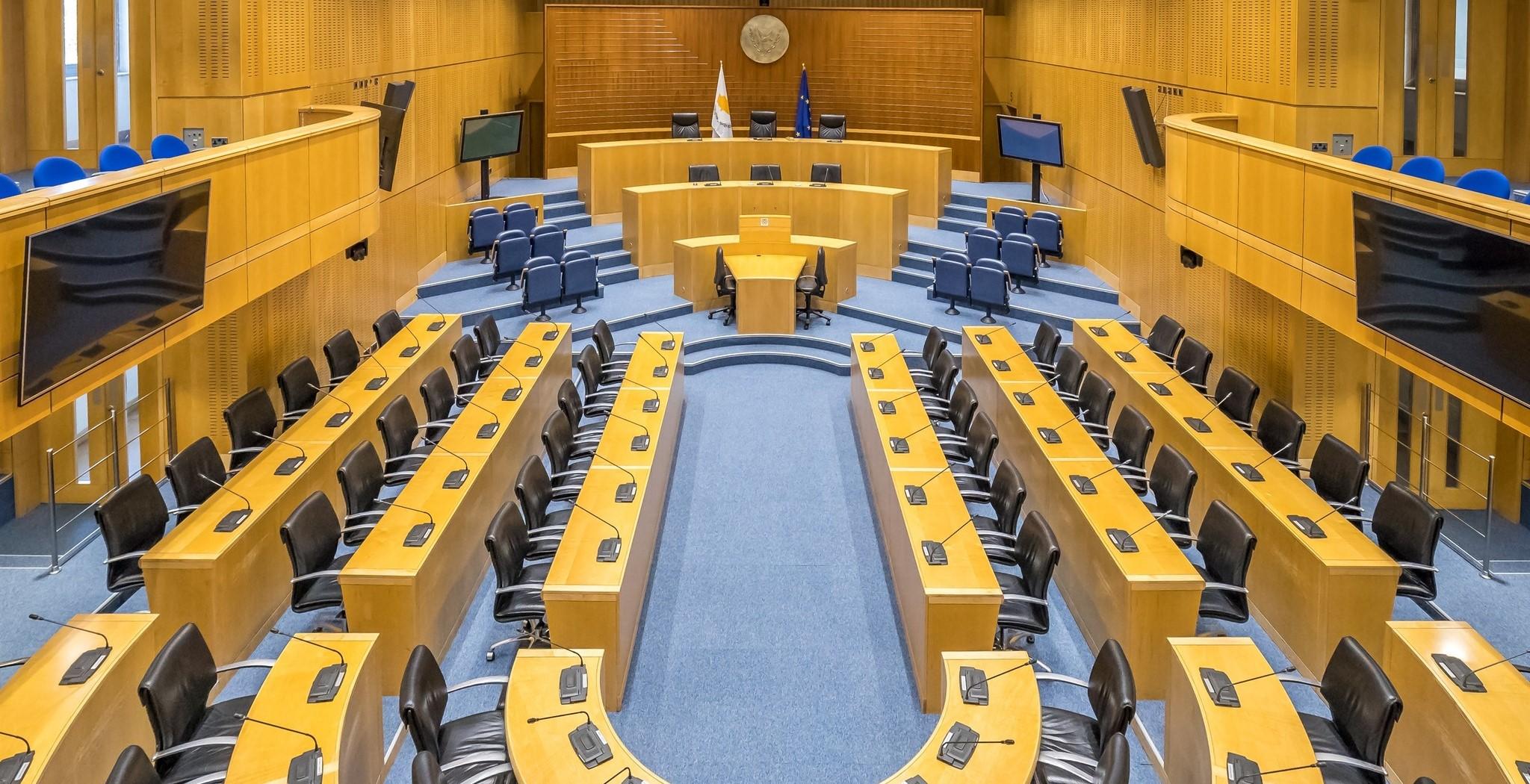The Cyprus Parliament approved amendments to the Law on the Lease of State Land for the Construction of Universities. Twenty-eight MPs voted in favor of the changes, 15 voted against them, and there were no abstentions. According to a report by the Parliamentary Committee on Internal Affairs, the new regulation was discussed during six separate sessions. The key objective of the new regulation is to simplify the transfer of state land for lease for the construction and development of universities, including medical universities and international branches.
Key changes to the law
The adopted amendments are based on Article 18 of the Real Estate Law and regulate the lease or licensing of state-owned land for educational purposes.
Now, by decision of the Cabinet of Ministers, such land may officially be leased or licensed to organizations planning to establish and operate universities or their branches in Cyprus.
However, if the applicant does not obtain all the necessary licenses within two years of the relevant decision's approval, the Cabinet of Ministers' decision may be revoked. The rent for using state-owned real estate for educational purposes is 3% of the property's cadastral value.

There is growing interest from foreign universities and plans for medical schools
The adoption of the new provisions is due to the rapid growth of the higher education sector in Cyprus and the strong interest of foreign universities in expanding their presence on the island. This primarily concerns medical educational institutions that plan to integrate with local public and private hospitals.
The bill reflects Cyprus's move towards internationalizing its education system, particularly in the context of growing demand for English-language programs, medical education, and academic mobility.
The next step is the systematic reform of land use legislation.
As the parliamentary committee's report notes, comprehensive regulations are expected to be introduced soon that will completely reform the procedure for granting state land and simplify the associated bureaucracy. These changes should accelerate the launch of new university projects and increase the transparency of leasing processes.
Thus, Cyprus is taking an important step towards strengthening its role as an educational hub in the Eastern Mediterranean while strengthening control over the use of state-owned real estate and creating conditions for the sector's sustainable growth.
